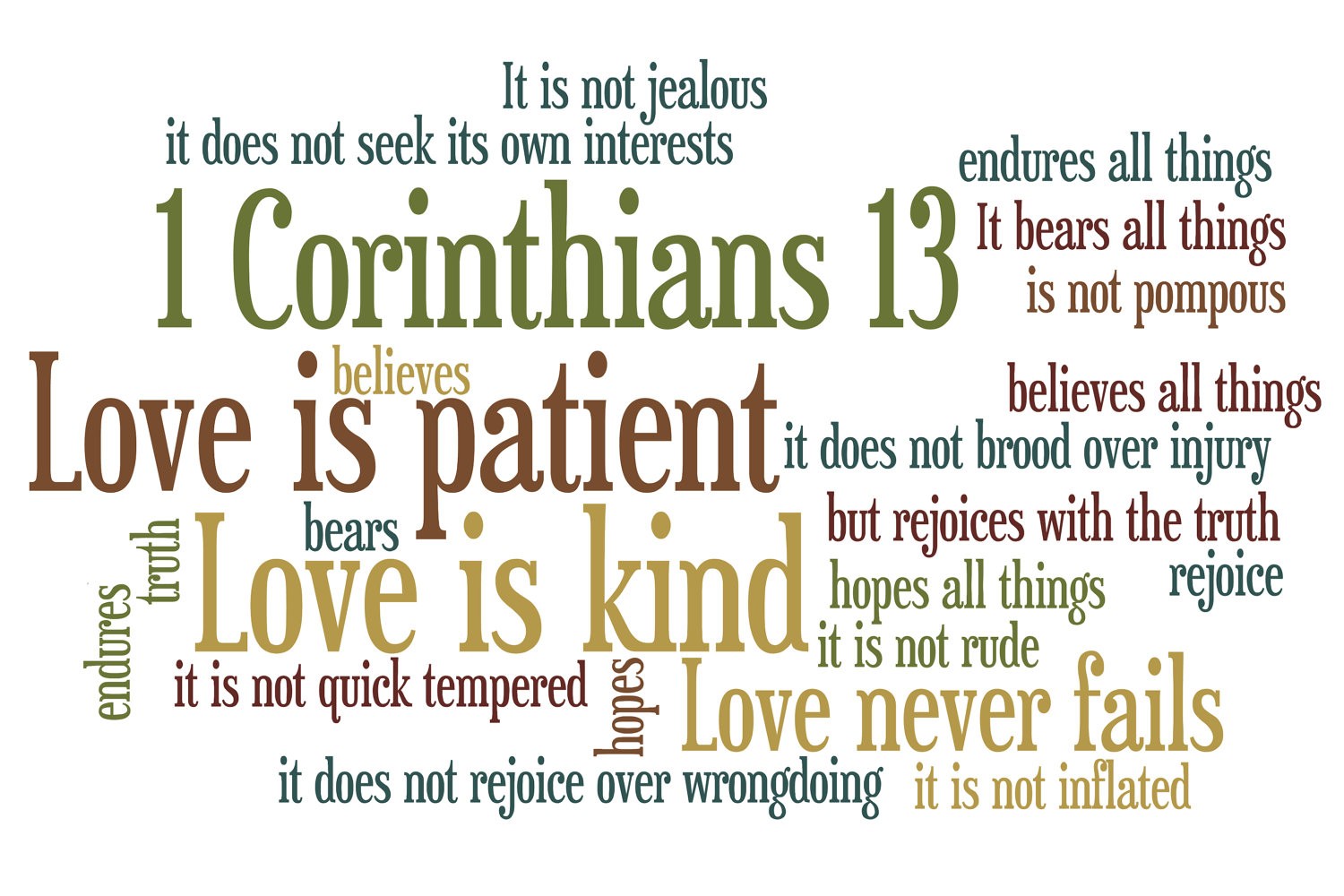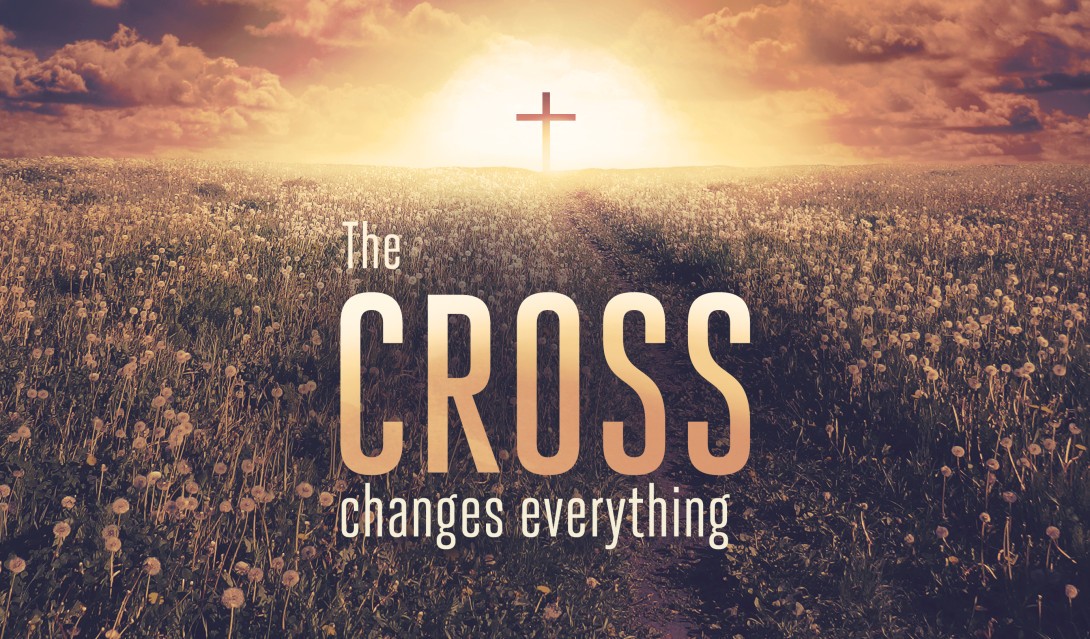BTC Phase 2: Lesson 2
Logos & Rhema
Read about the Logos (The Word) that gives us the foundation to receive the Rhema (Living Word) and the connection of Logos and Rhema to the three steps of Baptism.
Logos & Rhema, Two Words for “The Word”
About the Logos that gives us the foundation to receive the Rhema…
In English, there is just one word for “The Word” in the Bible. In the Greek, however, you find at least two translations, which are “Logos” and “Rhema.”
Ok, so why does this matter? You might also be wondering why we are revisiting “The Word” when we just finished a whole Phase of Lessons about “The Word” in BTC 1. Well, BTC builds understanding, precept upon precept, one step at a time. So at the conclusion of this segment, we will put Logos and Rhema together and connect them to the three parts of Baptism, but let’s start by looking at some of the distinctions between Logos and Rhema:
Logos: The word, “Logos” points to “The Word as Scripture” or to “what is written down.” Some theologians believe that “Logos” references a kind of “sound logic” or the “constant word.” Meanwhile, Logos is another way of saying that “God Is” and He is indeed “constant,” and therefore we find, “In the beginning was the Word (Logos) and the Word was God.” John 1:1 (KJV)
We also see “Logos” as part of the “Record in Heaven” which we learn about in 1 John 5:7, “For there are three that bear record in heaven, the Father, the Word, and the Holy Ghost: and these three are one.”
So, “God Is” (as the Father, the Word, and the Holy Ghost); God is the Eternal Reality and Foundation from which the written Word is inspired and derived. One could also say that the Scriptures are that which testify of Him.
Rhema: The word, “Rhema,” however, points to “The Living Word” and is sometimes thought of as “something spoken” but not written down, denoting the “instant and present spoken word” or a “Divine Inspiration.” Other theologians believe that when Rhema is mentioned, it is connected to revelation experiences that are intuited on the deepest level, not necessarily experienced via logic. Many believe that Rhema also references Grace to include any knowledge or impartation given by the Spirit; and those of us who have experienced the Spirit, know that “Christ within” is always speaking an “instant, present, and living Word,” to guide us and change us from the inside out.
Here is one example of the Word as Rhema:“So then faith cometh by hearing, and hearing by the word of God.” Romans 10:17 (KJV)
Most of us assume when we read “hearing comes by the Word,” that this means that we have to read our Bible a lot to develop Faith. Though the study of the Bible does help to increase our understanding which greatly influences our Faith, Romans 10:17 is not actually talking about reading the Bible, but rather it states that when we “hear” with ears of Grace, our Faith is increased. That is quite a bit different and very powerful. This passage also suggests that our Faith arises more from our spiritual condition as a listener than by the spiritual condition of the Preacher, who may or may not have a spiritual nature.
What? Can someone be a preacher and not be spiritual? Yes. Many can go to a college and get a degree, memorize a speech or make a perfectly groomed presentation, but they themselves could still be unaware of the need to submit to the Spirit of God for a nature change, a process which some denominations do not teach. Spirit begets Spirit, so it would take “following the Spirit” (minding the Spirit) to produced such evolution of character. Yet, in order to bring encouragement to people in the Body, God can go through someone to get a “Word” to them; but the level of awareness in Christ (or lack thereof) of the person speaking may still be in question. So “Faith comes by hearing to those with Rhema ears” and the preaching can facilitate this communication between God and people, but it is not always a reflection of the spiritual awareness of the preacher. That being said, we need to pray for those in leadership, that they will walk by the leading of the Spirit; and meanwhile, we can continue in our studies, to “show ourselves approved” and to learn to discern fact from fiction, pure doctrine from man-made doctrine, and otherwise know how to circumnavigate the waters of diverse theologies with dignity, compassion, and spiritual wisdom.
“Study to shew thyself approved unto God, a workman that needeth not to be ashamed, rightly dividing the word of truth.” 2 Timothy 2:15 (KJV)
Washing of Water by the Word: Here is another good example of where we see “Rhema” in play; in Ephesians 5:26 we read, “That he might sanctify and cleanse it with the washing of water by the word (Rhema).” Now, pause and reflect on what this verse means, especially now that you know that “Water” is associated with Mercy and “Rhema” is connected to Grace. Could it be that this Scripture states that we are cleansed by a life of walking in Mercy while holding to Grace?
So, can you see now, how it is easier to pick up on what God has for us from a verse of Scripture when we know which version (translation) is being used (in context)? Can you also see how some “practices” or “traditions” can potentially get started and then end up being carried over from generation to generation based on incorrect assumptions, not just for the use of this word, but for other words and references using metaphors as well? Hmmm. As BTC progresses you will also learn of more places in Scripture where being acquainted with the root or translation of a keyword will help with understanding. As for myself, I find it very liberating to learn the true meaning behind Scriptures, and what a difference that can make to our understanding and therefore, to the application of that understanding! These little discoveries are part of what makes the Study of the Bible so amazing and delicious to the soul.
Next, I have left a little table here of Scripture verses in which mention of “Words” or “Word” in a verse means “Rhema.” You might enjoy looking some of these passages up; but when you do read them, remind yourself of the meaning in context as connected to the “Rhema,” such as the “New,” “Spirit of Grace,” “Spoken” or “Revelation,” etc. You will be fascinated at how the significance shifts when you know which version of the word, “Word” applies in a given passage.
Here are some of the places where the word, “Words” (Plural) means “Rhema”
Luk_20:26, Luk_24:8, Luk_24:11, Joh_3:34, Joh_5:47, Joh_6:63, Joh_6:68, Joh_8:20, Joh_8:47, Joh_10:21, Joh_12:47-48 (2), Joh_14:10, Joh_17:7-8 (2), Act_2:14, Act_5:20, Act_6:11, Act_6:13, Act_10:22, Act_10:44, Act_11:14, Act_13:42, Act_16:38, Act_26:25, Rom_10:18, 2Co_12:4, Heb_12:19, 2Pe_3:2, Rev_17:17
Here are some of the places where the word, “Word” (Singular) means “Rhema”
Mat_4:4, Mat_12:36, Mat_18:16, Mat_26:75, Mat_27:14, Mar_14:72, Luk_1:38, Luk_2:29, Luk_3:2, Luk_5:4-5 (2), Act_10:37, Act_11:16, Act_28:25, Rom_10:8 (2), Rom_10:17, 2Co_13:1, Gal_5:14, Gal_6:6, Eph_1:13, Eph_5:26, Eph_6:17, Heb_1:3, Heb_6:5, Heb_11:3, 1 Pe_1:25
Connecting the Logos and Rhema to the three parts of Baptism:
OK, here is where I promised at the start of this Lesson to put all this together. You will be happy to know that it is pretty simple actually…
Logos: In Part 1 of Baptism (Water), we receive God’s Mercy and reconcile with the Father through the Word (Jesus).
Rhema: In Part 2 of Baptism (Spirit), we ask for and receive “Grace,” also known as the “Holy Spirit.” Then by having the Spirit and following it or “minding the Spirit” as Paul would say, we not only begin to manifest characteristics of the Spirit (Fruit of the Spirit), but we also develop the “ears” by which to hear the call and leading (Rhema) of the Spirit of the Lord, helping us to develop our Faith as well as become Spiritual in nature.
This growth describes Step 3 of Baptism (Fire), as we gradually leave behind the habits and knee-jerk reactions of the flesh-nature and learn to respond to the challenges of life via the influence of Grace, that is, if we continue to follow the “Spirit of Christ within” together with walking in Mercy as a way of life.
“When I was a child, I spake as a child, I understood as a child, I thought as a child: but when I became a man, I put away childish things.” 1 Corinthians 13:11 (KJV)
Witness on Earth: We already looked at “The Record in Heaven” with 1 John 5:7, but now, let’s conclude this Lesson by looking at 1 John 5:8, “And there are three that bear witness in earth, the spirit, and the water, and the blood: and these three agree in one.”
As we embrace the elements of our full Baptism (3 parts) and continue to walk in Mercy while holding to Grace, something amazing happens. Not only do we grow exponentially, but we indeed become a vessel for what truly constitutes “The Church” everywhere we go and with everyone we meet, that is, “The Church” defined as “those who walk in Mercy and follow Grace, (regardless of denominational affiliations or absence thereof.”) We find ourselves to be a “Witness” to others by the Love that expresses through us, by our sensitivity and ability to discern how we might be of encouragement to others, even when we are not speaking words, because after all, 1 John 5:6 tells us that “The Witness” is the Spirit in us, “And it is the Spirit that beareth witness, because the Spirit is truth.”
No Spirit, No Witness, No Church: Conversely, if there is no connection to the Spirit, then there is no “Witness,” even if a great rehearsed speech is uttered “about Jesus.” Without a connection to Spirit, there is not only the absence of “The Witness,” but also, the absence of what constitutes, “The Church,” therefore…No Spirit, No Witness, No Church.
What’s Next? After reading the inspired commentary, “Baptism,” by Rev. G. E. Newmyer, we will move on to the next group of Lessons in Phase 3 of our Guided Study Experience, concerning “The Holy Spirit & Grace, whereupon we will look into the Biblical definition of “The Church” (with a Big “C) as distinct from the “churches” (with a little “c” otherwise known as the “gathering places.”) We will also examine the difference between “religion” and “spirituality based on the leading of the Holy Spirit.” We will go over what we can expect in the way of growing experiences as we move deeper into our relationship with Christ including understanding Spiritual warfare and how to deal with it. We will also learn how we in the Body can develop “Fruit of the Spirit,” which is the evidence of the Spirit at work in us.
“Logos & Rhema” is written by Ann M. Wolf © 2016, All rights reserved.






